All you need to know about impact and legacy at Paris 2024: for the people, for the community and for the environment
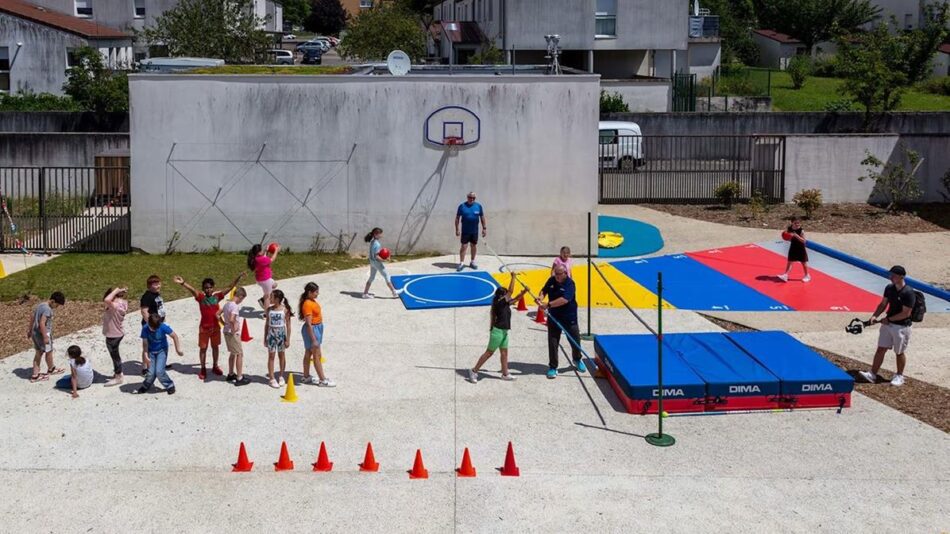
29 July 2024 – Paris 2024 is setting new benchmarks for the positive impact and legacy the Games can create for the local people and community and their environment. The Games are fully aligned with Olympic Agenda 2020, the IOC’s strategic roadmap, which shifts the focus from the hosts adapting to the Games, to the Games adapting to the hosts and their economic, social and environmental needs.
Millions of people and businesses have benefitted from the Games initiatives even before the event’s kick-off. With a strong focus on social impact, Paris 2024 is set to redefine what it means to host the Olympic Games, creating a better future for generations to come.
More sport for more people
Paris 2024 has focused on making sport accessible and beneficial for everyone, particularly young people. The key initiatives include:
- Daily physical activity for children: A national policy mandates 30 minutes of daily physical activity in French primary schools, aiming to integrate exercise into the daily routine of young students.
- 1,2,3 Nagez! (1,2,3 Swim!): This programme provides free swimming lessons to over 36,000 children across France, including 9,400 from Seine-Saint-Denis, helping develop essential swimming skills and promoting water safety.
- Olympic and Paralympic Week: Mobilising 5 million young people across eight editions to engage with sport, fostering a culture of physical activity and sporting spirit among young people.
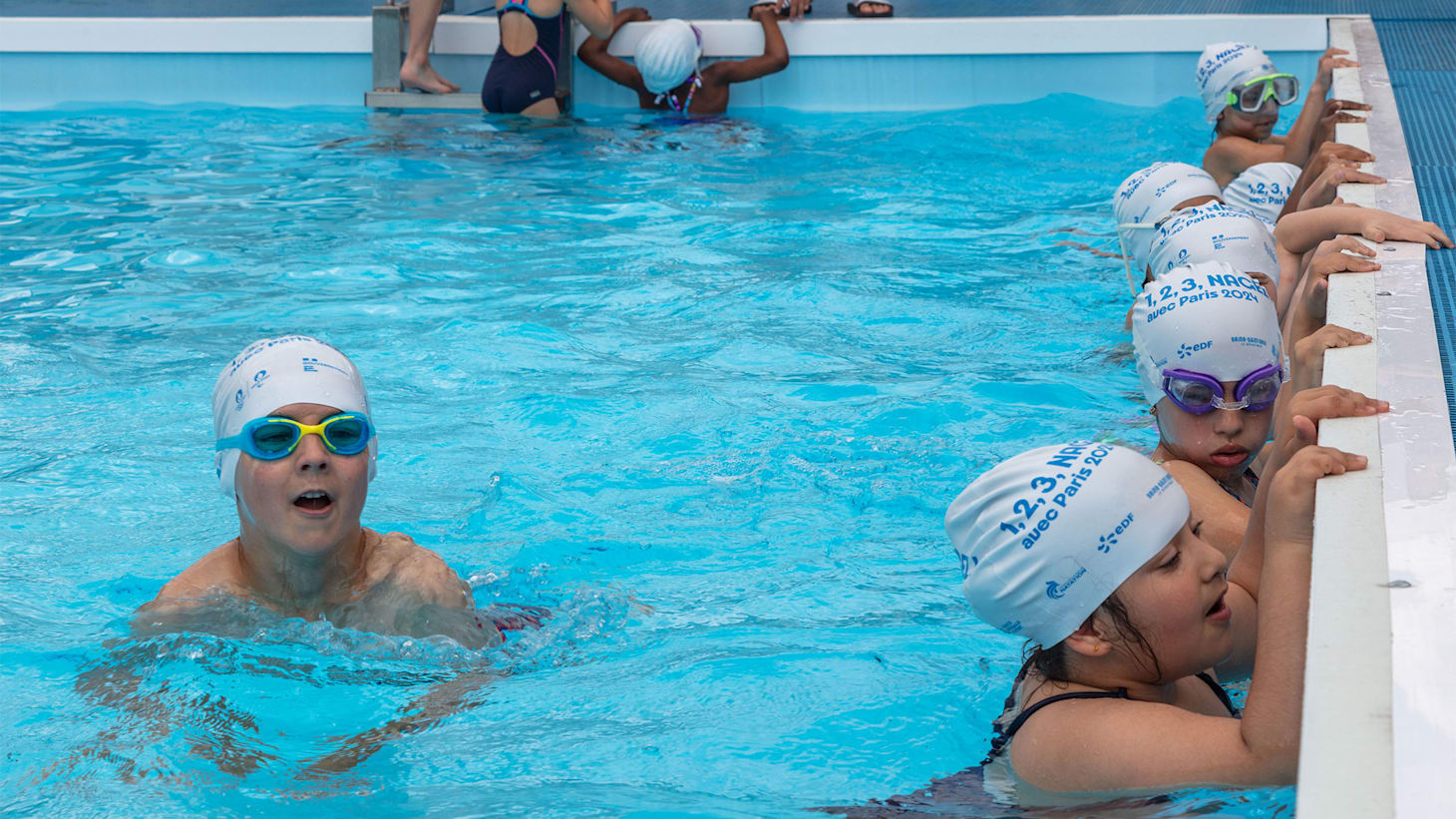
To bring sport closer to the people, Paris 2024 initiatives include the following:
- 5,000 community sports facilities: These facilities were established in neighbourhoods across France, ensuring more opportunities for people to engage in sport and stay active within their communities.
- 275 swimming pools: Constructed in areas lacking swimming infrastructure, these pools aim to provide access to swimming facilities for more people, particularly in underserved regions.
- Terre de Jeux programme: This programme inspired 4,500 cities and regions to engage with Paris 2024, resulting in over 50,000 sport-related events, thereby promoting sports participation nationwide.
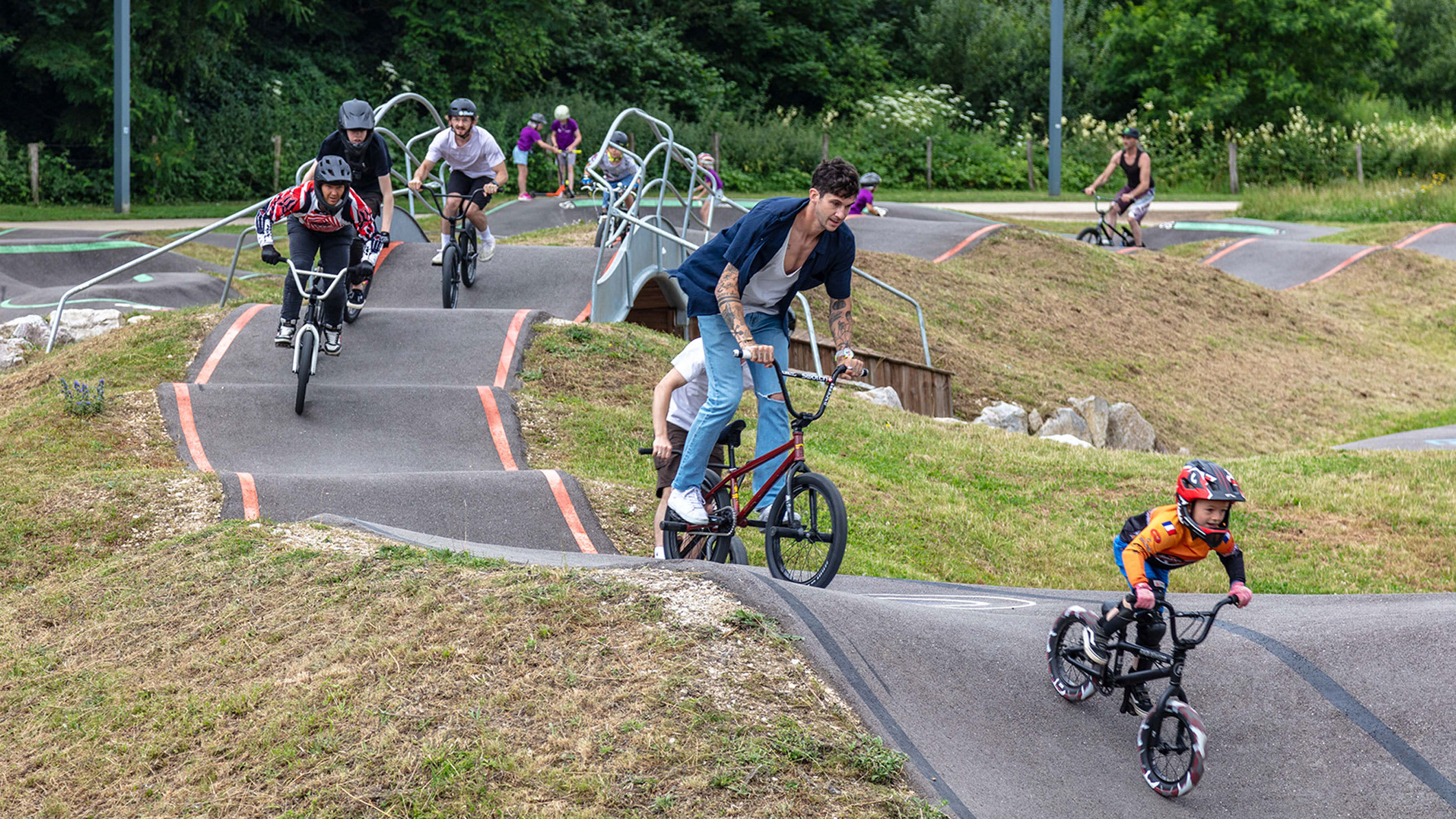
Inclusive and economic opportunities through sport
Paris 2024 is committed to ensuring that the Games benefit everyone, with a particular focus on inclusivity and economic opportunity:
- Impact 2024 Fund: EUR 47 million has been distributed to support grassroots projects, directly benefitting 4.5 million people by funding initiatives that use sport to improve lives.
- Some 500 local businesses from the social and solidarity economy (ESS) – small- and medium-sized companies that balance economic, social and environmental objectives – have been contracted by Paris 2024 so far, actively contributing to the organisation of the Games in areas such as construction, catering, furniture or laundry services.
- Opportunities for women and vulnerable groups:
- Paris Sportives: Offers supervised sports activities for young girls, encouraging their participation in sports traditionally dominated by men.
- Demain avec Elles: Helps girls discover and participate in new sports, providing them with opportunities to engage in physical activities and gain confidence.
- Kabubu Association: Organises sports tournaments where locals and refugees can play together, fostering integration and building friendships.
- 3,000 “Para-hosting” clubs: Opening up sports clubs for people with disabilities, ensuring accessible sports facilities for all.
- Sport Senior en Plein Air: Promotes physical activity for older people, encouraging them to stay active and healthy.
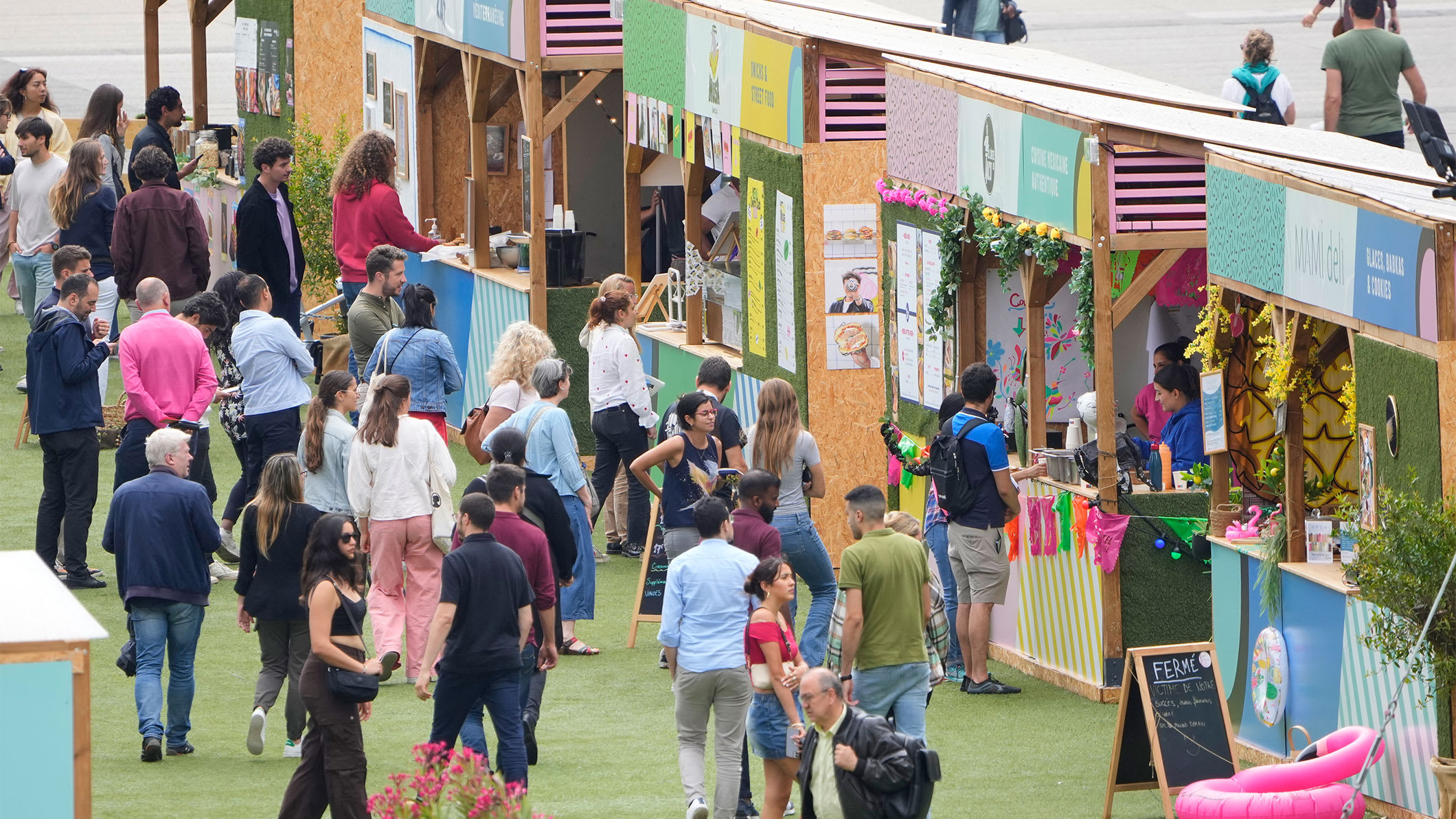
The Games are also generating substantial economic opportunities:
- Social Charter: Signed in 2019, it integrates social considerations into economic opportunities, ensuring that the Games contribute positively to local communities.
- Skills development: 30,000 people trained in new skills for future careers, enhancing their employability and career prospects.
- Employment: 181,100 people are employed in Games-related jobs, boosting the local job market.
- Local economy: 90 per cent of suppliers are French, with 78 per cent being small- and medium-sized enterprises. The Games are expected to generate between EUR 6.9 and EUR 11.1 billion in economic activity within the Paris metropolitan area, significantly benefitting the local economy.
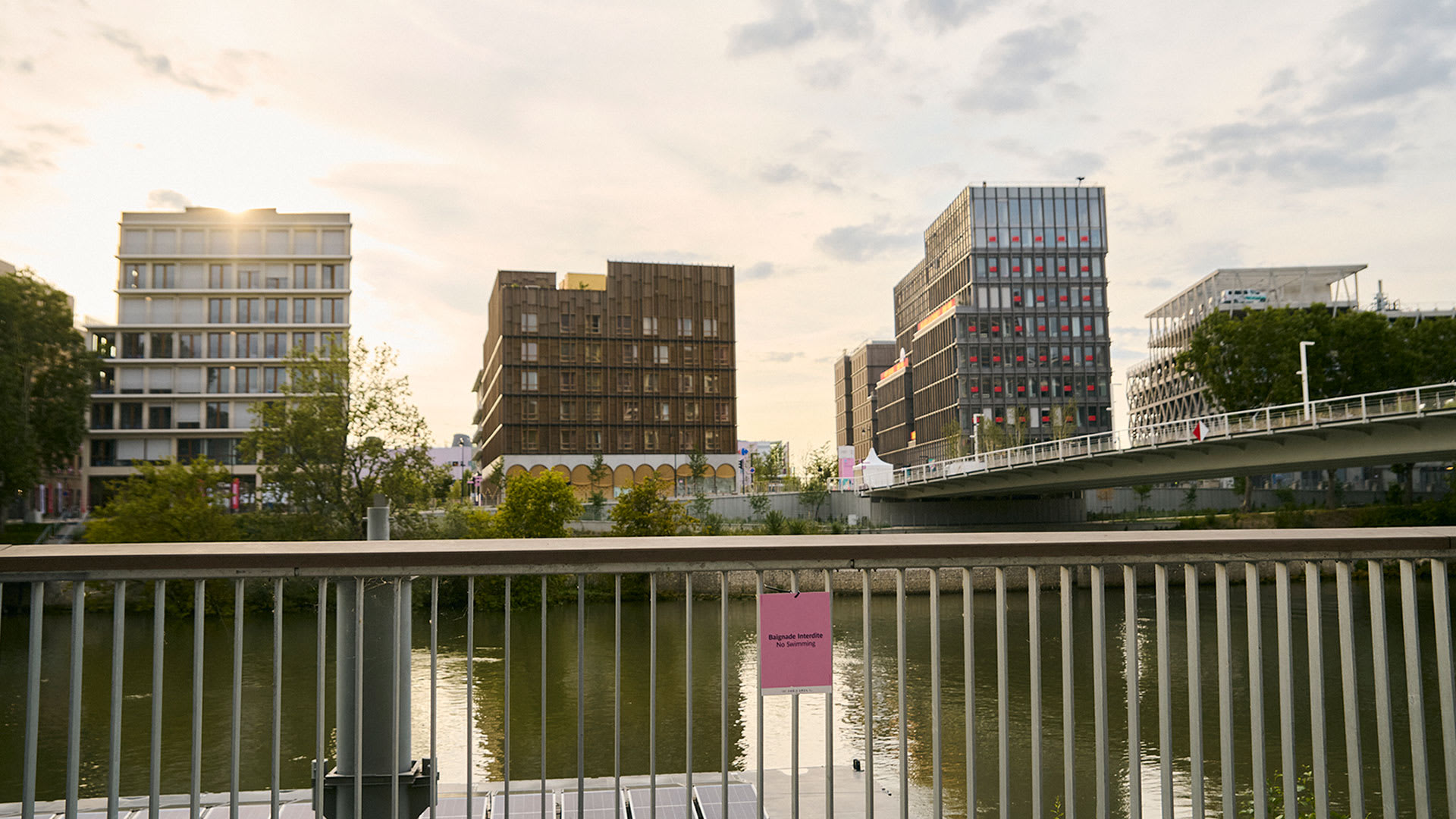
Urban regeneration: transforming the suburbs in the north of Paris
Seine-Saint-Denis, the heart of Paris 2024, stands to gain significantly from the Games:
- Impact 2024 Fund projects: Directly benefitted 400,000 residents.
- Integration contracts: 1,900 people from the area benefitted.
- Generation 2024 label: Awarded to over 460 schools in the area.
- Social economy (ESS) organisations: 27 organisations won 42 Games-related tenders.
Key facilities in Seine-Saint-Denis include:
- The Aquatics Centre: After the Games, it will be transformed into a multisport facility, featuring fitness areas, a climbing wall, a skatepark and more.
- The Olympic Village: This will become a new residential district with 2,800 apartments for 6,000 people, 25 per cent of which will be social housing. It will also include leisure, commercial, community and educational facilities.
The Games have also served as an accelerator to clean up the River Seine, with significant investment allocated for pollution remediation, with the aim of enabling all Parisians to enjoy the river from 2025 onwards. The initiative is part of the city’s future climate resilience planning.
Setting new standards for future events
Paris 2024 is not just setting a new standard for its own Games; it is also raising the bar for future sporting events. In collaboration with the International Olympic Committee (IOC) and international bodies such as the International Organisation for Standardisation (ISO) and the Organisation for Economic Co-operation and Development (OECD), Paris 2024 has established new, and elevated existing, international standards in economic, social and environmental sustainability, including ISO 20121, OECD Guides on Impact Assessment, the Ville Active et Sportive label and the Terrain d’égalité label.





